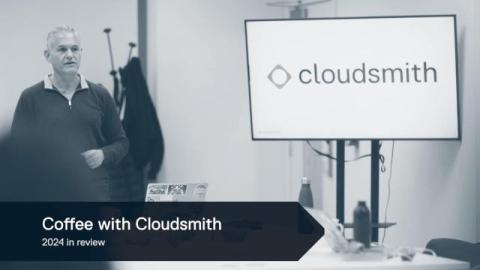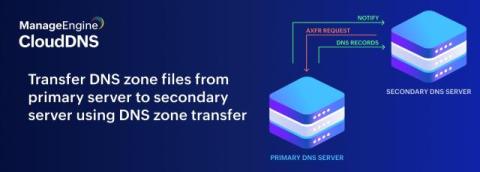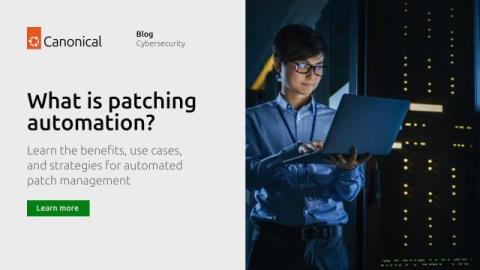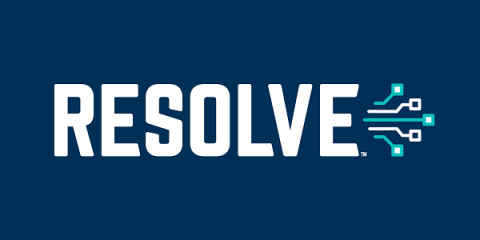A Year to Remember: Cloudsmith's Journey Through 2024
What a year it’s been at Cloudsmith. As we look back on 2024, it’s hard not to feel a sense of pride - and even a little awe - at how far we’ve come. From a scrappy startup to a trusted partner for some of the biggest names in the world, this year has been a turning point, both for our company and the people who make it special. In this video, our CEO, Glenn Weinstein, reflects on the highs, the challenges, and the moments that defined this year for us.











